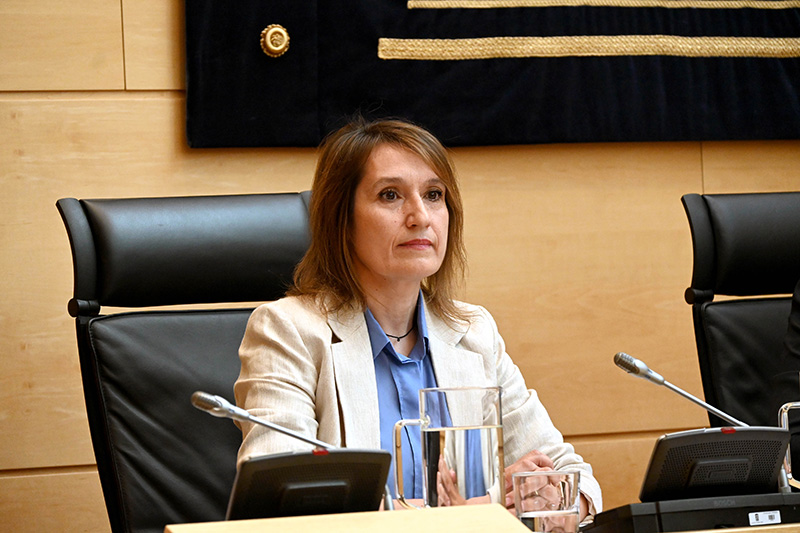In a statement, the Ministry has reported the publication of these blotters “to facilitate the work of teachers”, since the ESO curriculum will be implemented from the next year in the first and third years of ESO, and in the second and fourth in 2023-24; and in the case of baccalaureate, it will operate for the first year of the next course.
In Secondary, it is stated, along the lines of the Lomloe, that when a student passes all the subjects or areas studied or has a negative evaluation in one or two subjects, they will be promoted from the course. And to pass the stage “it will be understood that when a student acquires the key competencies, he or she achieves the objectives of the stage”, and in this sense “it will be understood that a student has acquired the key competencies, when each and every one of them has been developed, at least to a sufficient degree.
In line with what was already announced by Lucas, Castilla y León has taken advantage of 40% of regional competence teaching to “alleviate the deficiencies of the national standard”, and “maintains Philosophy in 4th year of ESO and second foreign languages with the the same weight as they currently are. Likewise, the Baccalaureate students will analyze works such as La Celestina, El Lazarillo de Tormes, the Exemplary Novels or Don Quixote”.
Regarding History, Castilla y León will maintain the same hours and the same contents as up to now, that is, the entire history will be studied chronologically, not only since 1812, so that in 2nd year of Baccalaureate they will study Romanization, the Germanic invasions , the Visigothic Monarchy, the origin of the kingdoms of León and Castile or the conquest of America, “issues that were left out of the national decrees, but that were important for the Ministry of Education of Castile and León”.
–
In line with what was already announced by Lucas, Castilla y León has taken advantage of 40% of regional competence teaching to “alleviate the deficiencies of the national standard”, and “maintains Philosophy in the 4th year of ESO and second foreign languages with the same weight as they currently have
—
The drafts explain that in terms of gender references, the decrees have been prepared “from a gender equality perspective, although sometimes to refer to generic terms the masculine grammatical gender may have been used with the sole purpose of simplifying and favor the reading of the document, understanding that reference is made to both the male and female gender, under equal conditions and without any distinction”.
Regarding promotion in the Baccalaureate stage, what is regulated in article 21 of Royal Decree 243/2022, of April 5, is followed. With this, the draft includes that students who have passed all the subjects studied or have a negative evaluation in one or two subjects will be promoted from first to second year. When a student promotes without having passed all the subjects, he must enroll in the second course of the same, which will be considered as pending subjects.
And students who at the end of the second year of baccalaureate had a negative evaluation in any subject, may enroll in them without having to take the subjects passed again, being able to choose, if they consider it, to repeat the entire course.
To obtain a baccalaureate degree, the Community follows the national rule that “exceptionally” allows the teaching team to decide to obtain a baccalaureate degree by a student who has passed all the subjects except one, provided that it is fulfilled that they consider that they have achieved the objectives and competencies, there has been no continuous and unjustified absence, has been presented to the evaluations and has an average in the subjects of the stage equal to or greater than five.
–

:quality(70):focal(1088x1623:1098x1633)/cloudfront-eu-central-1.images.arcpublishing.com/liberation/BOFTD72WBBBSTHEXA3OA6XVVNQ.jpg)
